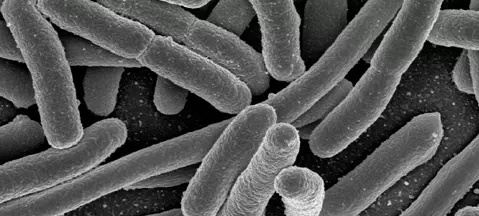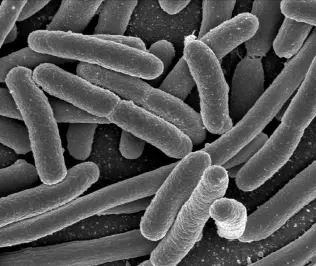- Main page
- Search
- Up to date
- Products
- Technology
- Vehicles
- Video
- Conversion Payback Simulator
Port Injection - Conversion Payback Simulator
Direct Injection - Conversion Payback Simulator
Diesel - Newsletter
LPG produced by bacteria
 loading results...
loading results...Researchers from Imperial College London and the University in Turku genetically modified the E.coli bacteria so that they produce propane. By manipulation of the genes responsible for the production of lipids used in construction of cell walls, the bacteria were forced to produce propane instead.
This method of obtaining propane appears very promising, however, the process is still not very efficient. If it was to be used commercially, the bacteria would have to produce 1,000 times more propane than during the study.
Sugar was used to feed bacteria during the experiment. To increase the efficiency of the process, the bacteria would have to feed on carbohydrates – probably from cultivated corn or sugar beets – which are renewable sources that do not pollute the atmosphere and are not a source of carbon dioxide emissions. However, their cultivation requires significant funding. The researchers say their aim is to produce fuel from air.
It requires a genetic modification of cyanobacteria – photosynthesizing organisms. They produce all needed compounds from carbon dioxide (present in the air) and water, also involving solar energy. In this way, it would be possible to eliminate cost-generating factors from the production of fuel.
These studies are at a very early stage, however, the researchers claim that within 5-10 years it will be possible to develop a process that will allow the production on an industrial scale.
The studies are funded with a grant from the European Research Council.



